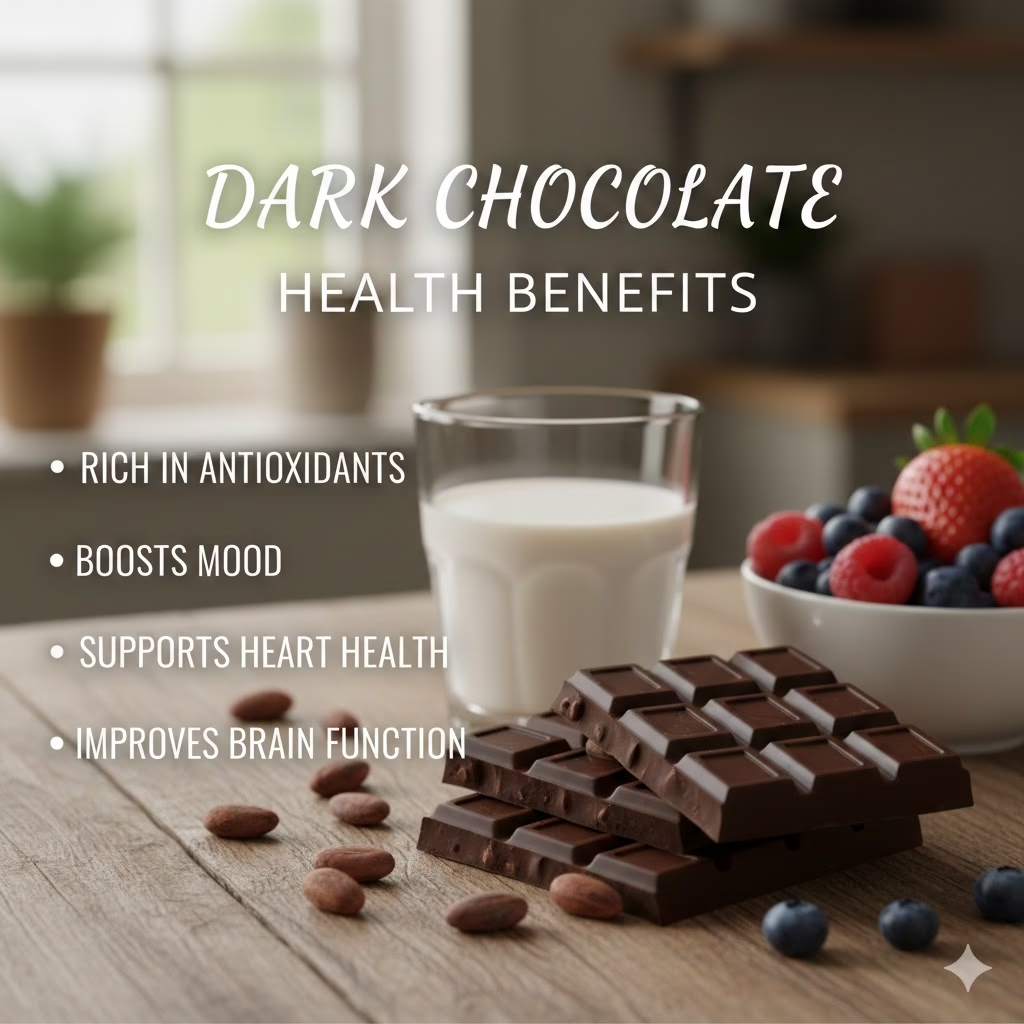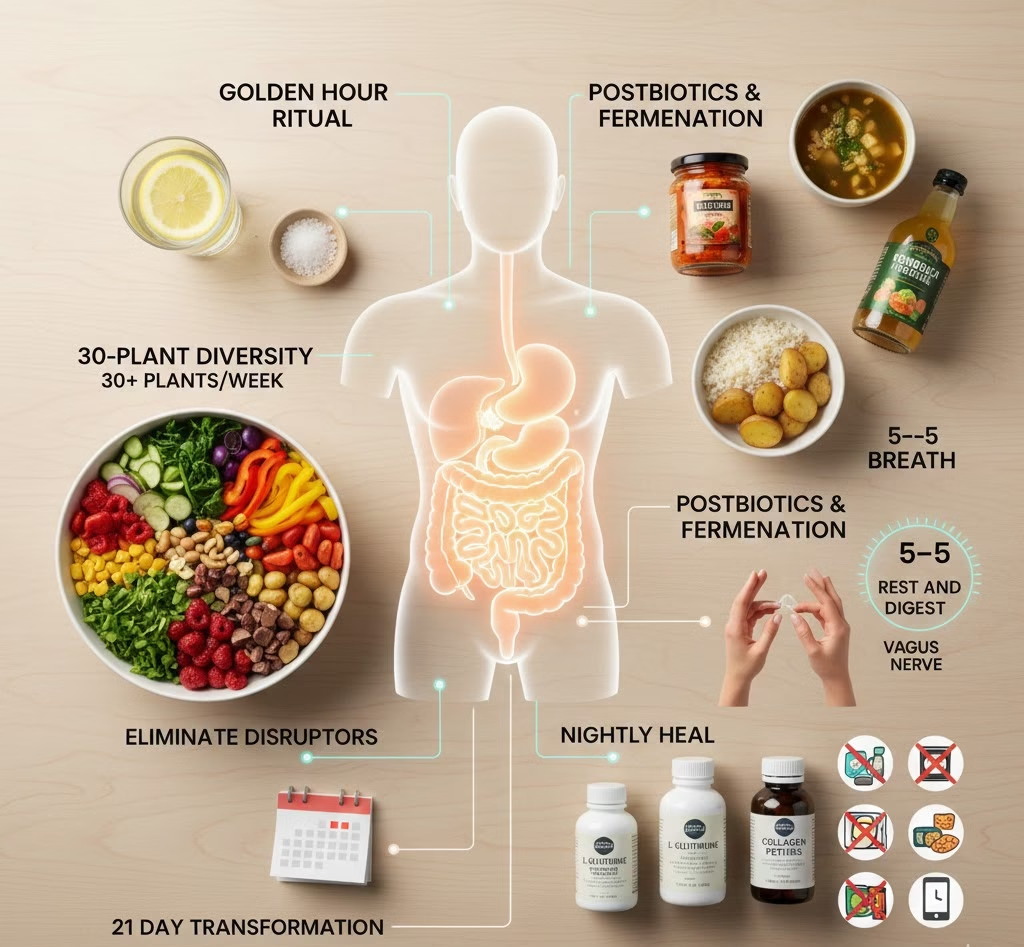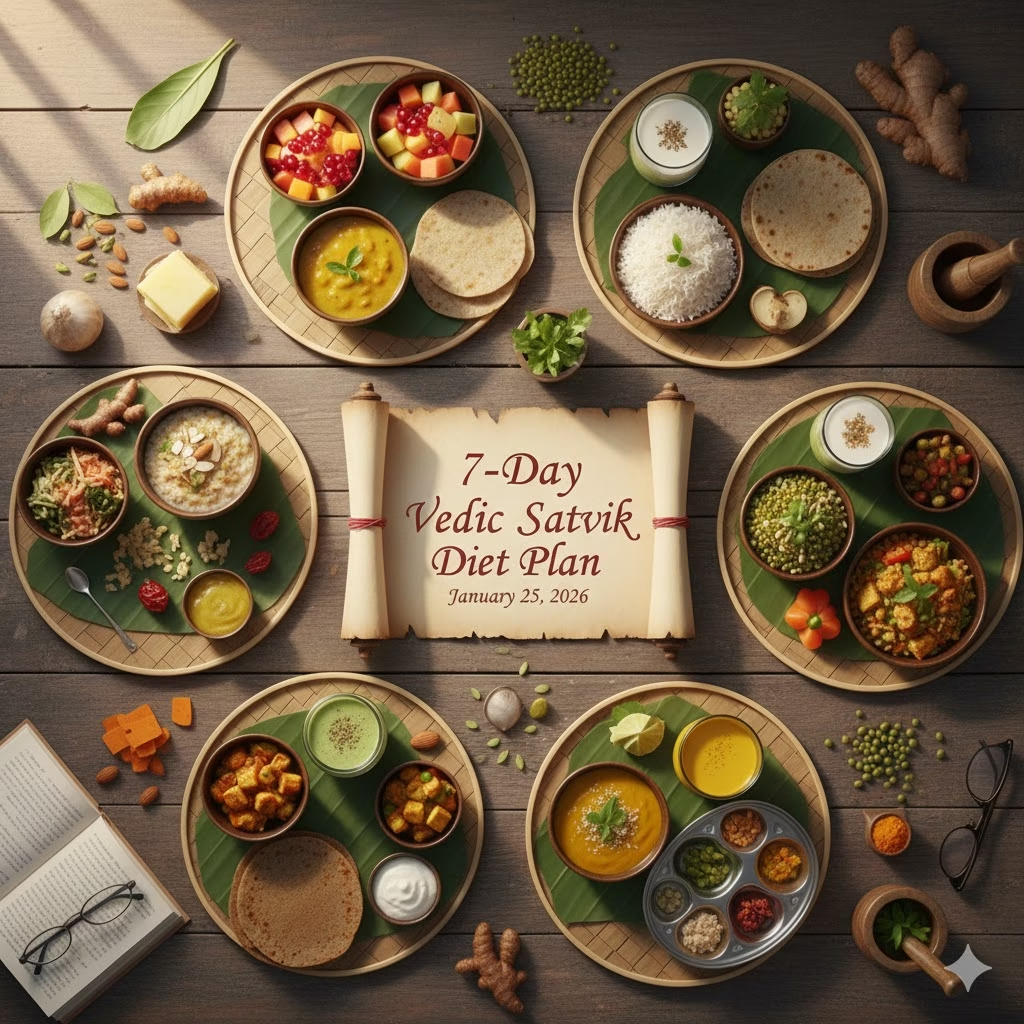
For years, the humble egg has been the centerpiece of a nutritional controversy. Do you stick with egg whites for a leaner option, or go whole egg to reap the benefits of the complete package of nutrients in it? Let’s dissect it and find out what the latest research—and dietitians—have to say.

Egg Whites: Pure Protein Power
Egg whites have been a staple of meal-light, protein-heavy eaters for ages. A large egg white packs only 17 to 20 calories and roughly 3.6 to 4 grams of protein, with next to no fat or cholesterol content. That makes them a favorite of calorie-reducing diners, athletes, and anyone seeking to boost protein content without the added fats. But even though egg whites are effective protein sources, they’re only half the story.

Whole Eggs: More Than Protein
Whole eggs contain a bit more calories—about 70 to 75 per large egg—but they contain much more nutrition. A whole egg contains approximately 6 to 6.3 grams of protein and 4.5 to 5 grams of fat. Much of that fat is unsaturated and heart-healthy.

The yolk is where eggs truly excel nutritionally. It’s loaded with all the essential vitamins—A, D, E, K, B12, and other B vitamins—as well as essential minerals such as iron and zinc. Yolks are also among the richest sources of choline, a nutrient essential for brain function, nervous system health, and bone development. Registered dietitian Ann E. Redwine explains that consuming two eggs daily can provide up to 30% of your recommended intake of vitamins.

The Cholesterol Issue
Eggs had a bad reputation for years because of their cholesterol content. One yolk contains approximately 180 to 210 milligrams of cholesterol, which prompted many to become concerned about heart health. But more current research paints a different picture.

Wellness dietitian Kylie Arrindell describes how dietary cholesterol doesn’t necessarily increase blood cholesterol in the majority of individuals. Rather, it’s the kind of fat present in your overall diet—specifically, saturated and trans fat—that has a greater effect on your cholesterol level. And since the majority of the fat contained in egg yolks is unsaturated, whole eggs can be included in a heart-healthy diet.

Actually, research indicates that healthy people who consume up to two eggs daily—or roughly ten per week—do not raise the risk of heart disease.

Why the Yolk Is Important
Aside from vitamins and choline, the yolk also has antioxidants such as lutein and zeaxanthin, which help ensure eye health over the long term. It’s also one of only a few whole foods that are a source of vitamin D, a nutrient for which many are deficient.

And although egg whites do contain protein, the yolk contributes a bit extra, along with flavor and richness that whites simply can’t replicate.

When to Use Egg Whites
There remain good reasons to avoid the yolk. Some individuals merely like the taste or texture of the egg whites. Others have to cut back on whole eggs because of particular medical conditions, like familial hypercholesterolemia or certain heart diseases. In these instances, restricting whole eggs to four or five per week while adding whites can keep protein consumption within bounds without excessive intake of cholesterol.

A Balanced Approach
For most individuals, the wisest approach is somewhere in between. Mixing one full egg with added whites is an excellent method of availing yourself of the yolk’s benefits while having a lighter meal. It’s a widely used method in everything from omelets to baked items.

Convenience and Safety Tips
Liquid and powdered egg whites are fantastic for convenience and are nutritionally equivalent to fresh whites—just read the labels for added extras you don’t need. The products have been pasteurized, so they are safe to use in smoothies or other uncooked foods. But if using fresh eggs, do make sure to thoroughly cook the whites to prevent foodborne illness.

Eggs are cheap, versatile, and rich in nutrients. Egg whites may provide lean protein, but the yolk provides a mix of necessary nutrients that should not be ignored. Unless you have a particular medical reason to skip them, whole eggs can be included in a healthy diet. Ultimately, it’s a matter of finding what works for your purposes—and your palate.

















